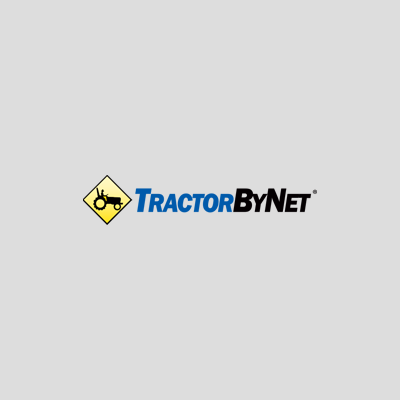Chewwy
Platinum Member
- Joined
- May 5, 2015
- Messages
- 882
- Location
- Upstate SC, Near the Electric City
- Tractor
- Kubota L3240, MF 265, MF383
. . . If you buy a heavy duty 3/4 ton truck, you will have to go through the scales . . .
In most U.S. states going thru the scales (i.e., weigh stations) is only required for commercial vehicles.
